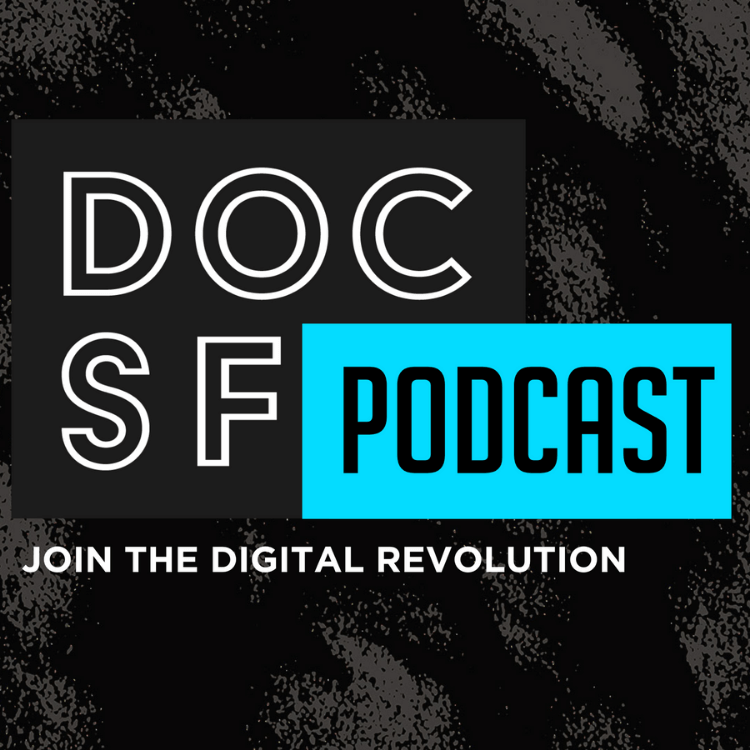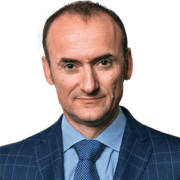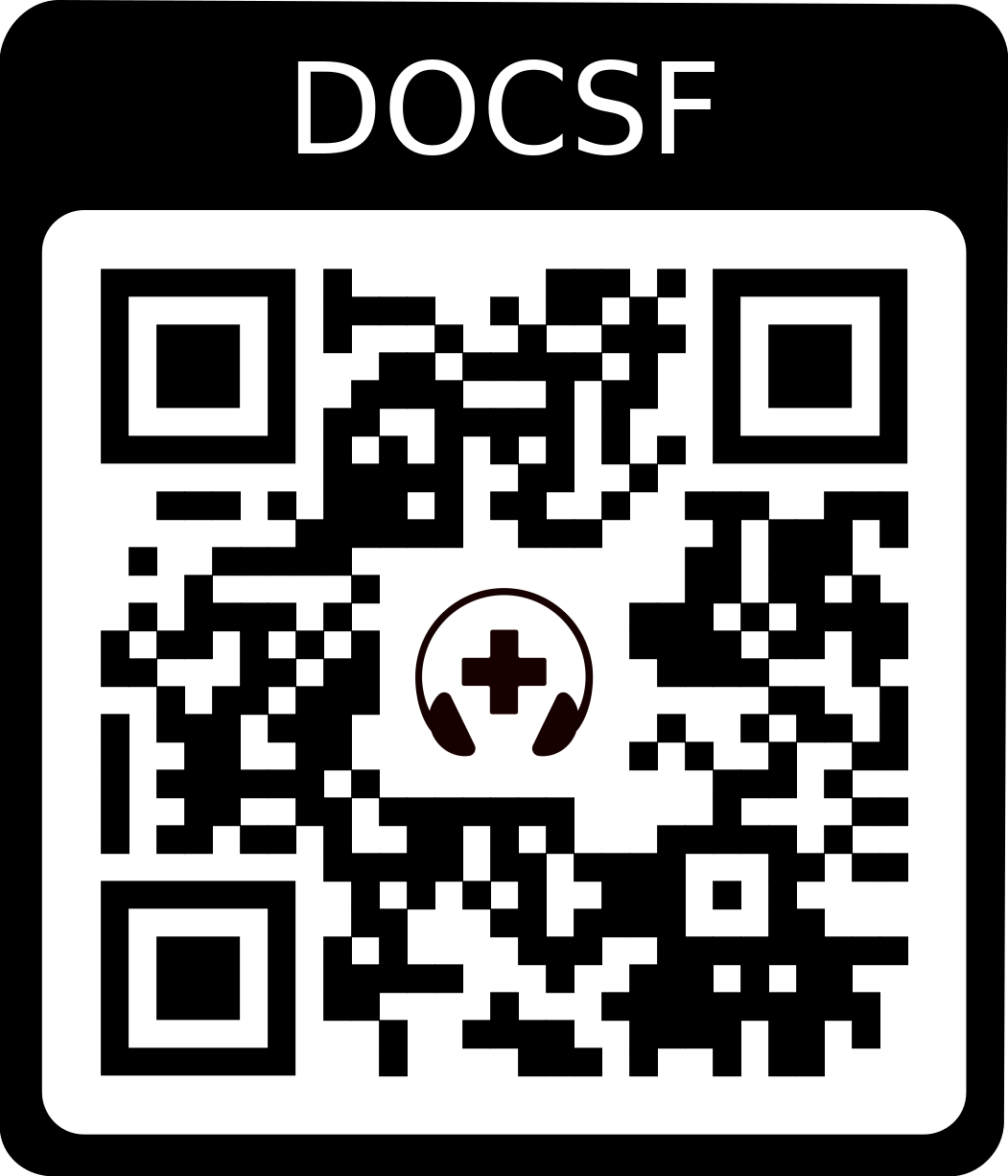
DOCSF – Digital Orthopaedics Conference San Francisco
Bridging the worlds of digital health and clinical orthopaedics to catalyze the adoption of technology in musculoskeletal care
DOCSF – The Webinar Series: Part 2 – Exploring AI Models Beyond Language
In this new season of DOCSF - The Webinar Series, hosted by Stefano Bini, we explore the world of AI in orthopedics. Our expert panel discusses fine-tuning models, data privacy, and clinician involvement. The conversations emphasize the importance of clear definitions, transparency, and human feedback in healthcare AI. One of the main takeaways is the holistic evaluation of AI's value for optimizing healthcare outcomes and workflows.Join us as we delve into challenges like low profit margins and data ownership, with innovative ideas like patient data monetization and blockchain. Now, it's your turn to take action. Stay informed, engage with AI in healthcare, and be part of the transformation towards a healthier future.
October 16, 2023
DOCSF – The Webinar Series: Part 1
In this new season of the DOCSF conference, we are bringing you a series of webinar shows, which serve as an extension of the DOCSF conference.The focus is on exploring the exciting potential of generative AI. The panel delves into how generative AI can reshape various industries, with a particular spotlight on its applications in healthcare. Topics covered include its knowledge-absorption capabilities, its effectiveness with unstructured data, and the challenges of ensuring AI can discern between meaningful and irrelevant information. The discussions also emphasize how generative AI can enhance healthcare processes, like note creation and operational efficiency while underlining the importance of safety precautions. The season aims to shed light on AI's ability to complement human expertise and looks ahead with enthusiasm at the evolving landscape of generative AI.
September 25, 2023
DOCSF 2023: Digital Twins in Healthcare
Discover the transformative potential of digital twins in orthopedics and digital surgery in this enlightening episode.Dr. Steven Levine, from Dassault Systèmes, takes center stage to delve into the world of digital twins. Learn how his company employs 3D experiences and virtual human modeling to craft functional models of machines and devices. These virtual twins replicate real-world scenarios, aiding in predictive maintenance and failure prevention. The episode showcases the Living Heart Project, illustrating how the human organ's simulation helps understand its behavior under stress. The conversation also delves into digital twin technology's promising role in the medical realm, particularly in orthopedics. The importance of data collection from implants and the use of sensors to monitor performance takes the spotlight.Join us for this insightful episode and keep exploring our diverse collection!
August 28, 2023
DOCSF 2023: The Future of Computer Vision and Robotic Surgery
Explore the revolutionary role of computer vision in healthcare through this engaging episode.Join us for an insightful interview with Douglas Fairbanks, the CEO of Advanced Scanners, as he sheds light on their pioneering technology designed for operating rooms. Douglas's extensive background in surgical intervention, technology, and commercialization underpins the discussion. Learn how their cutting-edge technology streamlines data collection, eliminating the need for manual intervention. The conversation also delves into the potential of artificial intelligence in the field and the intriguing challenges it poses for orthopedics.Tune in to discover more about the innovative solutions of Advanced Scanners and stay connected with Douglas for deeper insights!
August 26, 2023
DOCSF 2023: AI in Surgical Workflow
Step into the spotlight with Edouard Saget from OrthoGrid in this captivating episode of the Digital Orthopedics Podcast. Edouard guides us through his remarkable journey of addressing a challenge in computer-assisted surgery and ingeniously fashioning a solution - a radiopaque grid that later evolved into a cutting-edge AI-driven concept. He emphasizes the elegance of simplicity in design and dives deep into their ongoing efforts, encompassing distortion resolution and the reduction of X-ray exposure in operating rooms. Their AI technology has undergone a transformative evolution, equipping surgeons with augmented insights during procedures, thus elevating accuracy and efficiency. This AI marvel is now trained to discern distinct surgical stages, offering real-time guidance to surgeons.Don't miss out on this riveting conversation, uncovering the groundbreaking ways in which this avant-garde AI technology is revolutionizing surgical procedures, making them more streamlined and economically viable.
August 23, 2023
DOCSF 2023: Novel Regenerative Drug Candidate for Osteoarthritis of the Knee
Discover groundbreaking insights on regenerative drug candidates for knee osteoarthritis in this episode of the Digital Orthopedics Podcast with Dr. Dennis Evseenko. Challenging the conventional view of interleukin six (IL-6) as solely pro-inflammatory, Dr. Evseenko unveils its potential role in tissue regeneration. Drawing from a study in Science Translational Medicine, he discusses the exciting implications for clinical outcomes and details his research on leveraging inflammation's regenerative potential to combat osteoarthritis. By selectively blocking the destructive facet of inflammation while nurturing the regenerative aspect, promising preclinical outcomes have been achieved.Stay tuned to witness the progression of this innovative approach through upcoming clinical trials, unlocking new horizons in osteoarthritis treatment.
August 21, 2023
DOCSF 2023: Epigenomics
Explore the realm of epigenomics through the insights of Dr. Stefano Bini's interview with Madalena Adorno, CEO of Dorian Therapeutics. Uncover Adorno's pioneering research on stem cells and aging biology, shedding light on the intricate interplay between senescent and stem cells in the context of aging and conditions like osteoarthritis. She also delves into her breakthrough studies on Down syndrome, revealing the identification of a key gene driving the aging phenotype.Tune in to learn how Dorian Therapeutics is pioneering a small molecule approach to USP 16 inhibition, offering promising avenues in the field of aging research.
August 18, 2023
DOCSF 2023: Regenerative Med Update in MSK
Dive into the realm of Regenerative Medicine with insights from Fabrizio Billi, Lee Grossman, and Dr. Tobias Winkler as they dissect two significant clinical studies. Discover the outcomes of these studies: one spotlighting muscle regeneration through placental-derived cells, and the other delving into anti-inflammatory therapies for osteoarthritis treatment. While both studies present promising findings, challenges remain to be addressed. The discussion extends to the establishment of the Alliance for Advanced Therapies and Orthopedics, a pivotal initiative aiming to ensure quality standards in regenerative medicine and advanced therapies.Don't miss this episode as it unveils the optimistic potential within the medical horizon!
August 16, 2023
The Digital Orthopedics Conference San Francisco was created to bridge the worlds of digital health and clinical orthopaedics and thereby catalyze the adoption of technology in musculoskeletal care. It is led by Dr. Stefano Bini from the University of California San Francisco (UCSF) Department of Orthopaedic Surgery
Host

Prof. Stefano Bini
Dr. Bini is a Professor of Orthopedic Surgery specializing in hip and knee replacement and the Founder and Chair of the Digital Orthopaedics Conference, San Francisco (DOCSF). He consults for start ups and multinational organizations and has authored a book on change management. Dr. Bini's appointment is with the department of Orthopedic Surgery at the University of California San Francisco (UCSF), ranked in the top 6 departments in the US. Current research interests include quantifying the impact of digital health on orthopedic care delivery, change management strategies in health care, and improving the results of total joint surgery by helping to challenge long held assumptions in surgical techniques. Stefano also serves on committees for national orthopedic organizations (AAHKS, AAOS), is an Associate Editor for Arthroplasty Today, and has delivered over 100 lectures nationally and internationally on both clinical and digital orthopedics.































